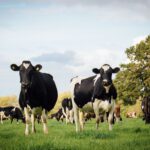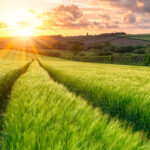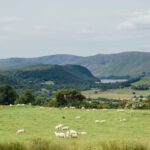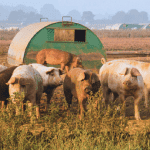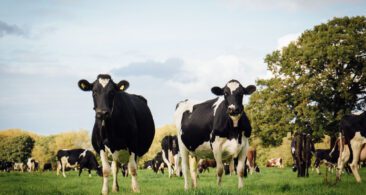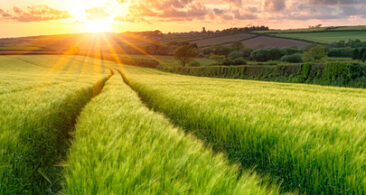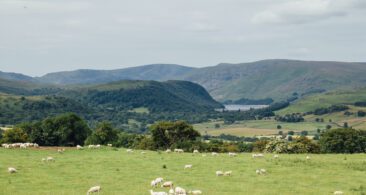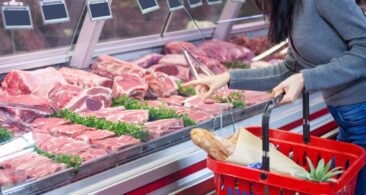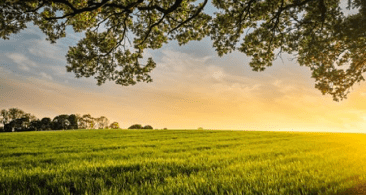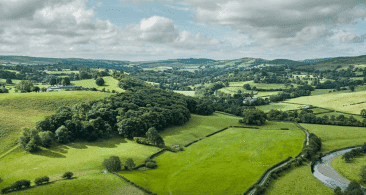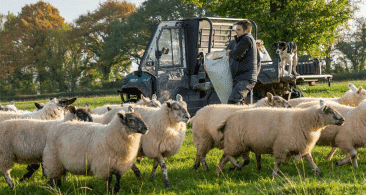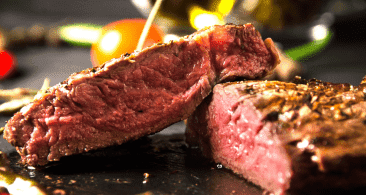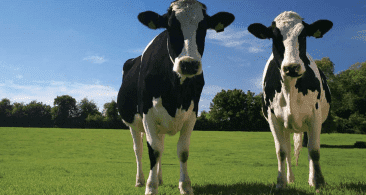Ruminants such as cattle and sheep play a vital role in sustainable food production. They are one of the only food species able to convert grass – which humans can’t eat, into something we can eat – meat.
Removing them from the grasslands that cover 60% would remove much of this land from food production entirely. At a time when the population is growing so rapidly, this is likely to have repercussions for food security and affordability.
Livestock production also impacts on crop production as they are intrinsically linked. The manure that livestock produce makes excellent manure fertiliser, vital for the health of our soils. Manure contains the fermented or broken down grass and crops the animals have digested.
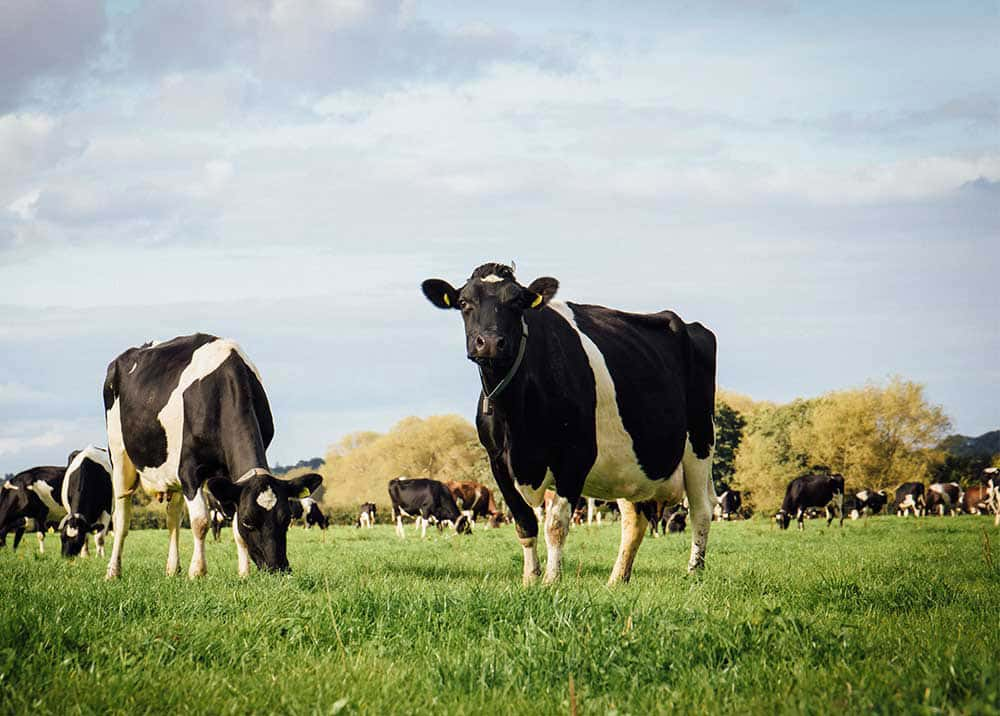
Returning this to the soil from which it came is a core pillar within sustainable food production. The removal of this natural fertiliser would lead to increased reliance on chemical fertilisers, which do not improve the soil in the same way and have their own substantial carbon footprint.
Responsible and strategic livestock farming is a highly productive industry that produces a large amount of nutritious food for the population. When carried out efficiently, carbon emissions can be minimised, with meat production playing an important role in global food security.
